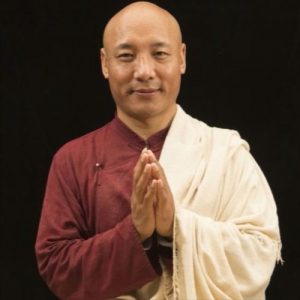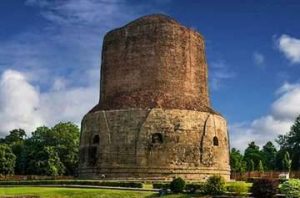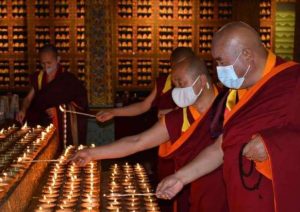
Humanity has been on an endless quest of acquiring knowledge about the physical world around us and our own inner world. Such a quest is not only for knowing who we are, it is also an expression of the unique form of intelligence that makes us Homo sapiens, who have a special role to play. This doesn’t mean that we are superior or more intelligent in some kind hierarchy of species. Every creature has a unique role to play. And this cerebral gift doesn’t come with a prize. In fact, it can delude us into believing that we are masters of the universe and can create a human-centric megalomania.
Through modern scientific research and centuries of philosophical reflection, we now know so much about ourselves, such as the building blocks of our body, neurological functions, and other aspects of our being. Our understanding of ourselves might not be complete when it comes down to the nuances of our being, but we might always know something about ourselves at a spiritual and existential level. This seeming paradox is often felt in our ordinary life. For example, you might not know how many hairs there are on your skull, but you might feel that you know something profound about yourself, such as the divinity within.
Besides our hair color, personality, and personal history, there is the fundamental nature of who we are. Humanity has developed all sorts of theories about this from philosophical and religious points of view. Some of these theories are enshrined in religious doctrines that cannot be questioned by their adherents. Ancient Indians thought that there is an essence of each of us that is eternal and singular, which they called atman. This was refuted by the Buddha and by Buddhist thinkers throughout the ages.
Our notion of the fundamental nature of ourselves is the answer to the very question: “Who am I?” This question has led to various answers. Most of them postulate that we are all disparate entities that revolve around the focal point of our existence, which is the personal self. We are all walking around every day believing that each of us is a separate self. Yet, if we persistently inquire about who we are, without being content with easy or commonly accepted answers, we’ll know that the personal self is nothing more than a mental construct.
This seemingly real sense of a personal and separate self exists nowhere else other than the realm of consciousness. Our consciousness can hallucinate itself to be a separate self. We can say that this sense of self is a subjective experience rather than reality.
A few decades ago, stating that the self is an illusion would have been met with a barrage of resistance and would have been treated as original mysticism by many in the West. This situation has changed dramatically in today’s world, thanks to modern science, which has been cozying up with Buddhist doctrine more than ever. Some scientific work supports the view that the self is an illusion that has no real basis for its existence.
Does this mean that we don’t exist or are part of nothingness? The answer is a big NO. The idea of no-self can be quite easily misunderstood as a form of nihilism that rejects anything to do with ourselves, including our true nature. This is where the doctrine of buddha-nature can help us not fall into an ontological dark abyss devoid of light or any form of inspiration about our life.
Lacking an essence of a personal self does not mean that we are nothing or nonexistent. We are here, in the world, with our rich emotions, with warm blood circulating through veins. Our heart is oscillating between joy and sadness in the face of the uncontrollable vicissitudes of life. Our true nature should not be defined in the matrix of the egoic version of self, but in a dimension that is much bigger and less personal than ego.
The notion of buddha-nature or tathagatagarbha is one of best paths to reach an understanding of who we are at a deeper level. While it doesn’t establish the personal self, it redeems us from a nihilistic view of ourselves. It is the idea that the true nature of every being is pure and unconditioned. It can be regarded as the most sacred, or the unborn Buddha.
Buddha-nature is spoken of in Mahayana sutras, and became a theoretical cornerstone for Northern Buddhism, which is widely practiced in East Asian countries. Many regard the Indian master Charya Asanga (fl. fourth century CE) as the most important proponent of this theory. Tibetan Buddhists often study his work as an authoritative teaching on this topic. As time went by, schools of thought emerged regarding its interpretation, although the discrepancies between them can be considered purely semantical. Disagreements on its interpretation became a source of intellectual sport, with never-ending debates on how to interpret buddha-nature.
In this age of self-hatred and the dehumanization of one another, the concept of buddha-nature is much needed as a divine medicine that can heal the wounds on our psyche caused by the powerful forces of ignorance—not knowing that the unborn Buddha lies within each and every human being at the very core of their being.
See more
Related features from BDG
Is Buddhism a Religion?
The Power of Sadhana
The Role of Prayer












